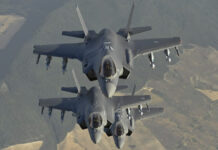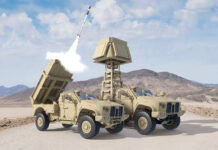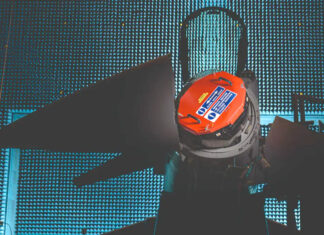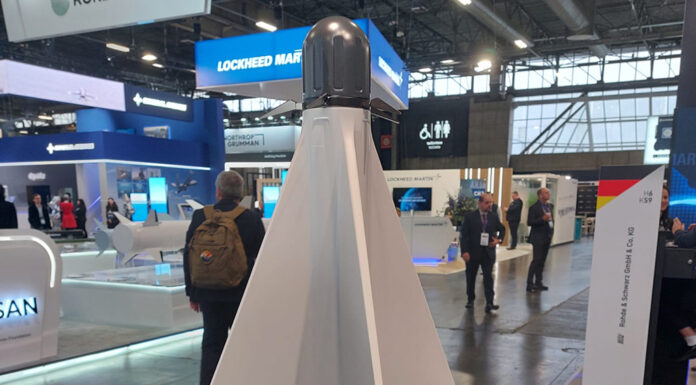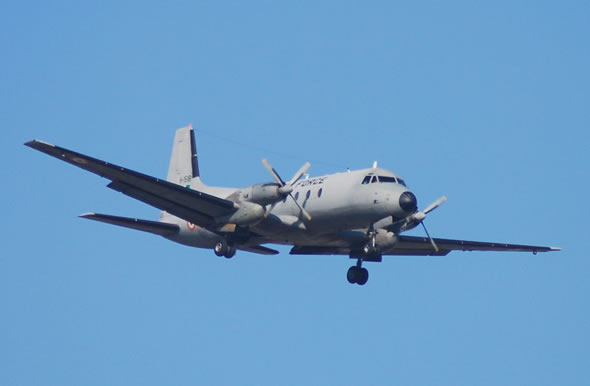

In an effort to expand its domestic supplier base, India’s Ministry of Defense is planning to open the tender for medium transport aircraft beyond the government owned Hindustan Aeronautics Ltd (HAL). The Defense Acquisition Council (DAC) last week cleared US$2.6 billion (12,000 crore) for a global tender that will open to foreign vendors that can partner with a domestic private companies to manufacture 56 transport aircraft for the Indian Air Force, replacing the obsolete fleet of HS748M Avro planes. According to local defense sources the first 16 aircraft will be delivered four years after the contract award, to be manufactured abroad by the foreign vendor while they partner with a local private or public sector firm to transfer production to India. The next 16 aircraft will have to have 30 per cent indigenous component, while the remaining 24 planes will have 60 per cent locally-procured and produced items, DAC determined. While the contract opens new opportunities for the private sector, leading companies are not too enthusiast to come abroad, without a government commitment to quadruple their orders.
HAL produced 89 HS748M Avro aircraft since 1964. Part of the fleet has already been replaced with Russian Antonov An-12 and An-32, which itself is due for replacement by the jointly developed Russia-Indian Medium Transport Aircraft (MTA). The Ilyushin IL-214 MTA is being developed under a collaborative $771 million program between United Aircraft Corporation (UAC) of Russia and HAL in India. The Indian Air Force plans to buy 45 these 20-15 ton class tactical transport planes.
The logistical transport mission would be carried by a smaller plane, designed to replace the remaining fleet of 60 year old Avro HS748M. While Russian Ilyushin or Ukrainian Antonov are theoretically considered, but the more likely contenders are European EADS Casa C-295 and Italian Alenia C-27J Spartan, with Indian Government intentions to bring western technology to the country. The aircraft should be able to transport 6-8 tons of cargo over 2,500 – 2,700 km range, at a cruising speed of cruise speed of 800 km/h. The aircraft should have a rear ramp and short-field capability, which both C-295 and C-27J provide.
These aircraft are transporting personnel and cargo between airbases. Indian defense officials said the 56-aircraft project would help in developing a domestic aerospace industry and capability to undertake such projects, opening new offset opportunities for foreign contractors seeking to expand business with India.
The decision has opened doors for private sector players like Tata, Mahindra and Reliance, which can form a consortium with the foreign vendors. Companies such as Boeing Company and EADS have signed defense contracts with Indian government and, are committed to source 30% of the deal value from Indian firms, according to India’s offset law. Aerospace manufacturing however has been minimal in India, due to high taxation and lack of infrastructure. The development of private sector aerospace companies could change that, pouring billions of dollars into the Indian economy. Three of the leading private sector groups have already moved into this spot.
Tata Advanced Systems Ltd., the new aerospace and defense unit of Tata Sons is building its aerospace industrial complex in Hyderabad, the company has entered into a pact with Sikorsky Aircraft. The company also has JVs with AgustaWestland, IAI and a new cooperation with Lockheed Martin, supplying parts for the C-130J. Tata also owns Tata Technologies, which offers design and subcontracting of aerostructures, interiors, as well as various systems including electrical, mechanical, fuel and hydraulics.
Mahindra has embarked on an ambitious plan to import Australian aerospace technologies, by gradually establishing local production of the Australian Airvan and Nomad airplanes. The largest models, Airvan 18 and Nomad 24 are currently designed to carry loads below the 7-8 ton goal foreseen for the Avro replacement.
As for Reliance, last week the group applied for license to design and manufacture components and equipment for aircraft and helicopters. The group intends to invest over US$1 billion in the new business and hire as many as 1500 new employees for the new operation. In February 2012 Reliance Industries entered into a pact with France’s Dassault Aviation S.A. to work on defense projects in support of the multi-billion Indian procurement f French Rafale fighters, under the MMRCA program.


